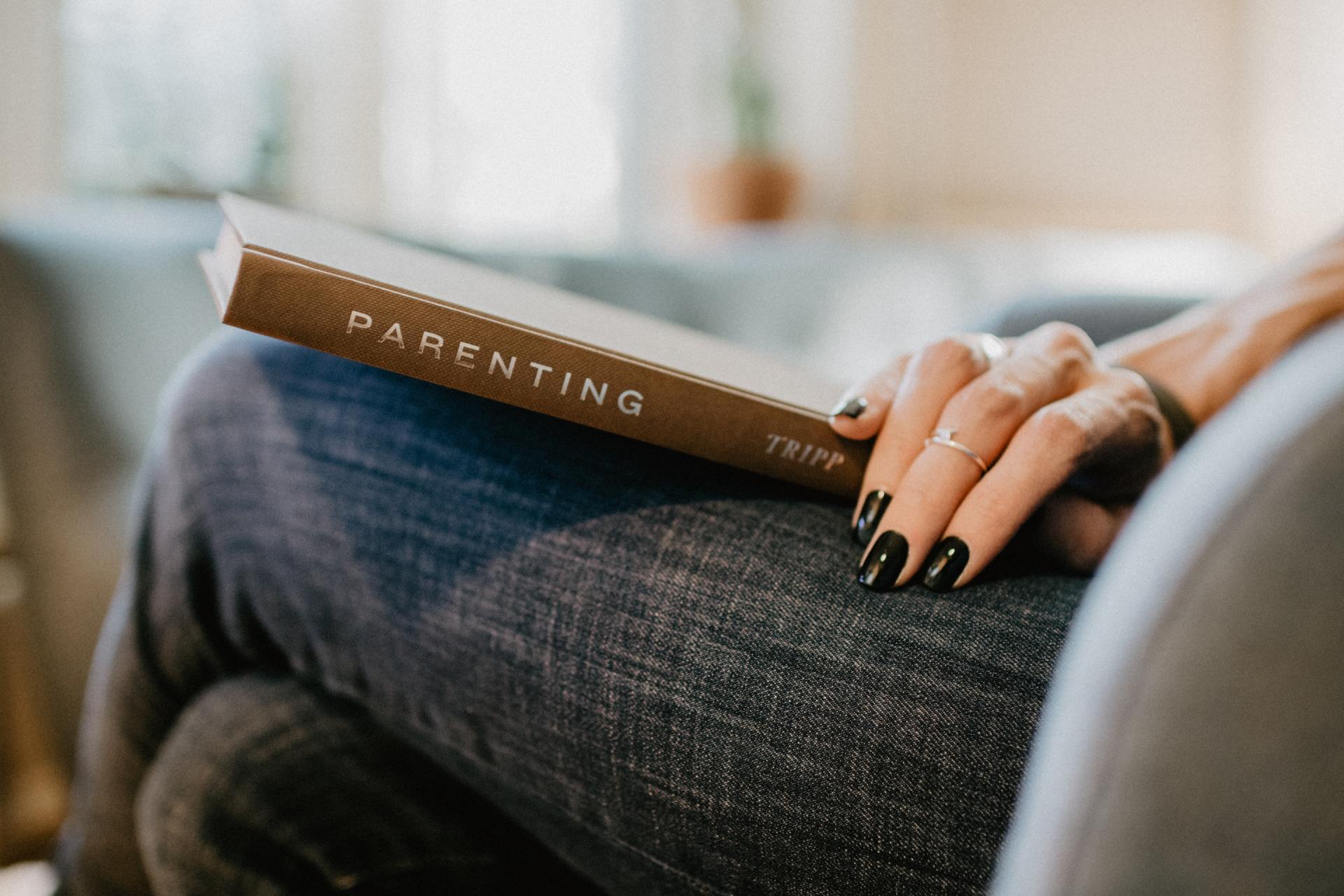“I think I can, I think I can, I think I can…”
There’s a reason why The Little Engine That Could is a classic. Its message of dogged determination in the face of seemingly impossible odds has long resonated with parents looking to teach their children they can do anything — ace the spelling test, outwit the bully, become president — for as long as it’s been in print.
It is, in some ways, a precursor to our culture of affirmations, and thank goodness for it. Children, after all, need to know that there are people who are always in their corner, so to speak. People who believe in them, who are rooting for them, who are there to guide them through life. That’s our role as parents. The thing is, we parents also need the same support!
When Life Gets in the Way…
Consider this. What would you do if your child started a new school year and, where he once brought home A’s and B’s on his math tests, he started bringing home F’s? Would you call him stupid? Ask him how could he not get this? Tell him everyone’s better than he is, and he’ll never amount to anything?
Mama, those words are hard even to type let alone say with regard to our children. Yet we do this to ourselves on a daily basis.
When we mess up, at home or at work, we don’t usually give ourselves a hug, tell ourselves we did our best, and consider ways to improve. No, most of us say things to ourselves like, “Ugh, of course he got the promotion — he has so much more experience. Maybe I’m in the wrong career.”
Or, “Why am I so frustrated with my kids? What’s wrong with me? I’m definitely not the mother I thought I’d be.”
…Silence the Inner Critic
No matter how you slice it, motherhood is hard. Whether you’re balancing a career with your family, or fully immersed in the day-to-day operations of family life, there are demands made on us that we can’t foresee and therefore can’t always prepare for. It’s easy to criticize the results of your parenting performance. But that’s not where happiness — or success, for that matter — lives.
Our culture celebrates the idea of being “our own worst critic.” You see it referenced in every success story, an association that perpetuates the myth that to be exceptional, you have to tear yourself down first.
For so long, I saw it that way, too. When I became a pediatrician, I learned from books and mentors everything I needed to know to be a good mom. Or so I thought. Once I had my own baby, I felt so much shame that I couldn’t follow to a T all the advice that I had shared with other mamas. That, even when I did everything “right” with my daughter, her individual needs and temperament often meant my efforts at sleep training, toilet training, discipline, you name it, seemed fruitless.
Carina Devi from Mindful Mamas echoed this experience when I talked with her during our podcast taping (click here to listen now). As a trained yogi and meditation guide, Devi didn’t expect to welcome motherhood with severe postpartum depression. She felt scattered and stressed, but most of all, she felt SHAME. She was ashamed she couldn’t be the kind of Zen person or mother she always thought she’d be.
Mindfulness — and particularly the kind of mindfulness that promotes grace and self-acceptance — taught her how to shift her attitude away from being hard on herself for her mistakes and in a direction of kindness.
How to Find Grace
Ultimately, that commitment to grace over shame made Devi even stronger. And science supports her intuitive shift. According to Stanford’s Center for Compassion and Altruism Research and Education, practicing self-compassion builds greater resilience, strength, and happiness.
Luckily for us, extending more grace to ourselves is a learned behavior. And it starts with mindfulness. Here’s how to do it:
1. Pay Attention:
Tune in to the situation when your inner critic pipes up. You don’t need to judge or evaluate anything. Just notice that a shame cycle is starting.
2. Acknowledge without judgment:
Instead of getting angrier with yourself (for being unkind to yourself — yes, it happens!), try simply saying to yourself, “This is happening. It is neither good nor bad. It is not my fault nor someone else’s.”
3. Identify the feelings:
Name the feeling that’s causing you to be so hard on yourself. For example, “I feel ashamed that I yelled at my son,” or, “I feel disappointed in myself that I’m not doing well guiding my child through distance learning,” or even, “I feel scared that things will never go back to normal.”
4. Validate your feelings:
Just like you would with a friend, explain to yourself why you get it. “It makes so much sense that I would feel that way, because…”
5. Find the commonality:
Imagine a room full of other moms who feel exactly the same way as you do. Then remind yourself, “I’m not alone. Others feel the same way.”
Because we do, Mama, we do. No matter what you’re facing, others have been there before you and others will be there after you. What would they say to you? Or, perhaps more importantly, what would you say to your children if they were in your shoes?















